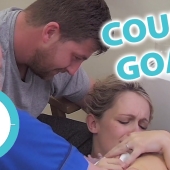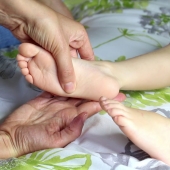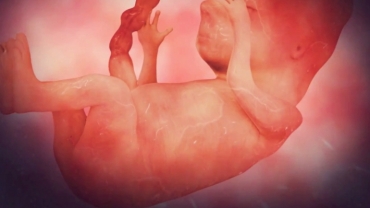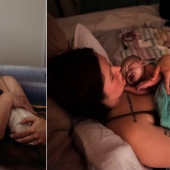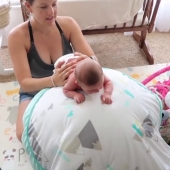Midwife Cath is back with some super crafty sleep tips for newborns, including the one she is most famous for- the 10 pm bath time routine. She shares the trick with Monty who agrees that it is the best idea for sleep deprived mums to try when nursing their newborns.
Basics of Newborn Sleep: REM or Active Sleep
Newborns go through much more light sleep than older children do. This lighter phase of sleep is also called active sleep. During active sleep, arms and legs may be stirring, breathing is irregular, and the eyes shift around under the eyelids, which are closed.
In fact, we often refer to active sleep as REM, which stands for rapid eye movement. REM is thought to be vital for the baby's development. Active sleep is actually much more restful than it sounds and looks.
Basics of Newborn Sleep: Quiet Sleep
Not all newborn sleep is like this. The lighter sleep phase cycles about every half hour with a deeper phase of sleep called quiet sleep. Quiet sleep is exactly that. It is marked by general stillness of the eyes and the rest of the body. A newborn is less likely to wake easily during quiet sleep than in active sleep.
Basics of Newborn Sleep: Amount of Sleep Necessary
Newborns need 13 to 19 hours of sleep per day, but this amount of sleep is interrupted. Newborns' stomachs are small. Because they digest quickly, it's rare for newborn babies to sleep through the night. With feedings every 2 to 3 hours, there are multiple periods of sleep time and wake time throughout the day and night.
Basics of Newborn Sleep After the First Month
After the first month, newborns shave off an hour or two of sleep per day. Some parents, but not all parents, also start letting their children fall asleep on their own during the latter part of the second month. Newborns can also start sleeping more during the night and less during the day. This developing change is a welcome pattern for tired parents.
- 3041 views

